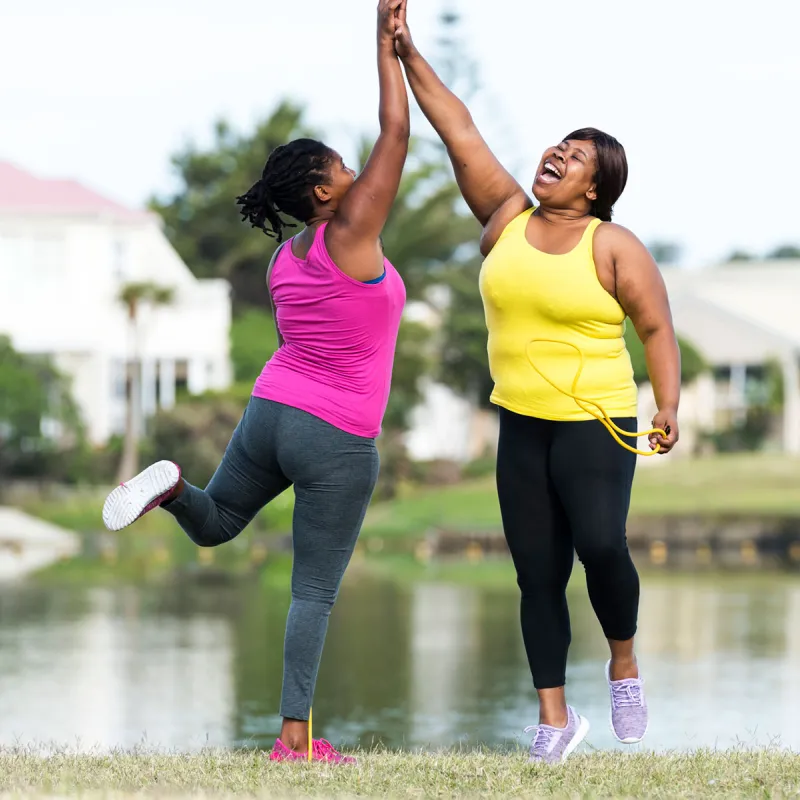-
 Blogs
BlogsTwists and Breaks: Childhood Sports Injuries to Watch For
Minor scrapes, strains and bruises are expected, but as many as half of all children will experience a broken bone. And most of these fractures occur while engaging in sports.
-
 Blogs
BlogsReduce Your Risk of Pelvic Floor Problems
Pelvic floor disorders significantly affect the body, mind and spirit of millions of Americans. Find comfort in knowing that you can take steps to lower your risk with these tips.
-
 Blogs
BlogsDebunking the Top 6 Mammography Myths
Learn the six most common myths about your annual mammogram screening and discover why your preventive care matters.
-
 Blogs
BlogsYour First Mammogram: What to Expect
Learn what to expect at your first mammogram to put your mind at ease.
-
 Blogs
BlogsPostpartum Depression: It Can Happen to Anyone
How women can get help for postpartum depression? Here are some insights into the common condition that affects many new moms.
-
 Blogs
BlogsContractions: When Are They Normal?
Pregnancy should last about 40 weeks, and you might think contractions happen only when you finally go into labor. But what if you feel them earlier? To find out the answer to this and to learn all...
-
 Blogs
Blogs8 Things to Do When You Find Out You’re Pregnant
Learning that you’re pregnant can bring so much excitement about your journey to motherhood. But it can also bring a lot of questions about what’s in store for the next nine months. Rest assured. We...
-
 Blogs
Blogs5 Things to Know About Preeclampsia During Pregnancy
If you're pregnant, you may have heard of preeclampsia from your family, friends, or doctors. In fact, preeclampsia is the most common complication during pregnancy affecting roughly one in twenty...
-
 Blogs
BlogsLess-Invasive Heart Surgery Techniques Revolutionize Treatment
Heart valve disorders can be life-threatening, but new technologies offer treatments and cures that don’t involve open-heart surgery. Learn more about the options at AdventHealth.
-
 Blogs
BlogsDo Women with Endometriosis Have A Higher Risk of Heart Disease?
Young women with endometriosis are at higher risk of heart disease, study suggests.

AdventHealth Shawnee Mission Living in Vitality
Showing 1191 - 1200 of 1,379 results.